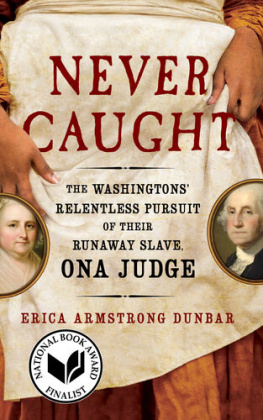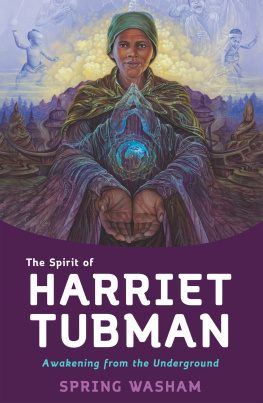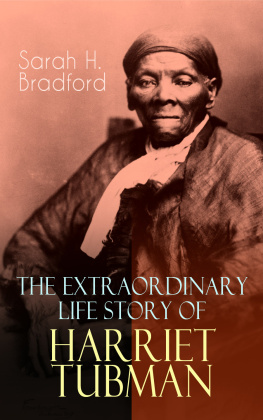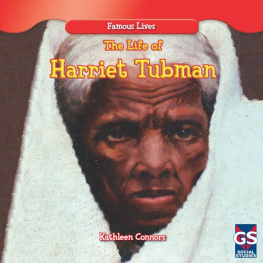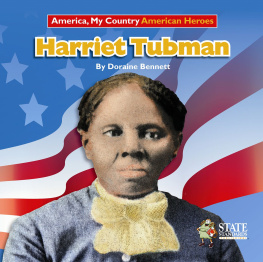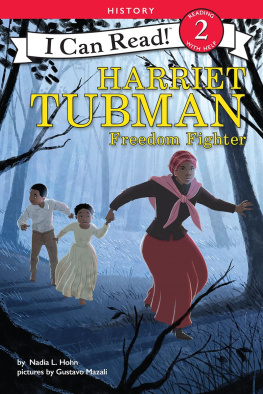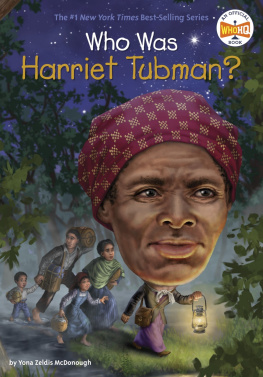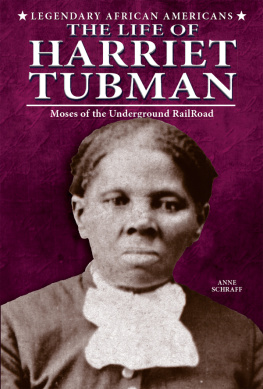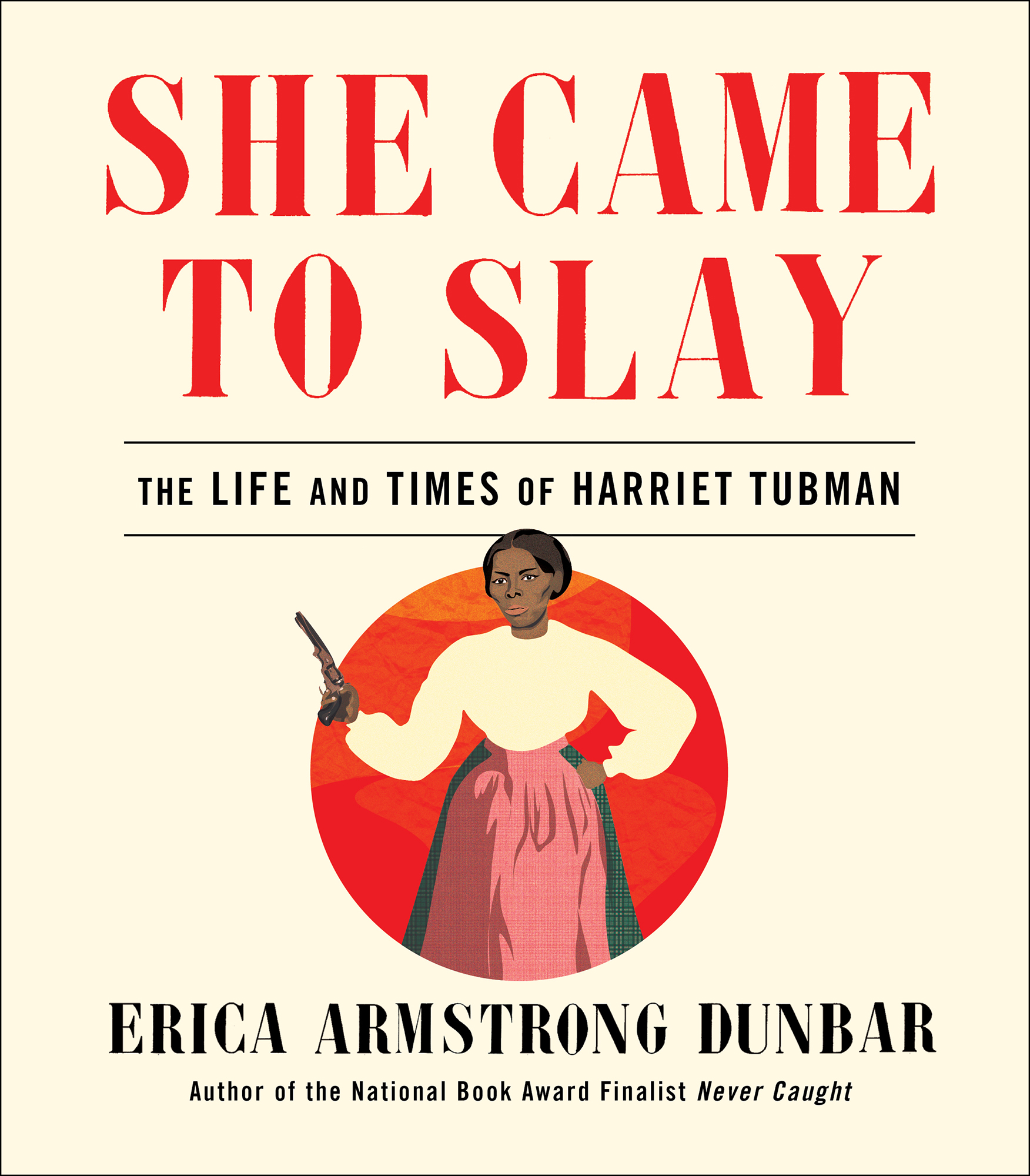Contents
Guide
A LSO BY E RICA A RMSTRONG D UNBAR

Never Caught: The Washingtons Relentless Pursuit of Their Runaway Slave, Ona Judge
A Fragile Freedom: African American Women and Emancipation in the Antebellum City

Simon & Schuster, Inc.
1230 Avenue of the Americas
New York, NY 10020
www.SimonandSchuster.com
Copyright 2019 by Erica Armstrong Dunbar
All rights reserved, including the right to reproduce this book or portions thereof in any form whatsoever. For information address Simon & Schuster Subsidiary Rights Department, 1230 Avenue of the Americas, New York, NY 10020.
First 37 INK/Simon & Schuster hardcover edition November 2019
37 INK/ SIMON & SCHUSTER and colophon are trademarks of Simon & Schuster, Inc.
For information about special discounts for bulk purchases, please contact Simon & Schuster Special Sales at 1-866-506-1949 or .
The Simon & Schuster Speakers Bureau can bring authors to your live event. For more information or to book an event, contact the Simon & Schuster Speakers Bureau at 1-866-248-3049 or visit our website at www.simonspeakers.com.
Interior design by Jason Snyder
Cover design by David Litman
Cover illustration by Monica Ahanonu
Back Cover Photograph by Benjamin F. Powelson / Library of Congress Prints and Photographs
Division and the Smithsonian National Museum of African American History and Culture
Illustrations by Monica Ahanonu
Library of Congress Cataloging-in-Publication Data has been applied for.
ISBN 978-1-9821-3959-9
ISBN 978-1-9821-3966-7 (ebook)
To my father, Jacob R. Armstrong
A UTHORS N OTE
For Harriet Tubman, one of the remnants of slavery was a recurring headache. Her injury from the blunt-force trauma of a two-pound weight that collided with her skull never went away, and as she got older, the headaches became unbearable. According to her biographers and Harriet herself, she agreed to have brain surgery at Massachusetts General Hospital. In an unbelievable request, Harriet, in her seventies, refused any kind of anesthetic. Like the Civil War soldiers whose hands she had held as they lay injured, she simply asked to bite down on a bullet. As the surgeon sawed upon her skull, Harriet lay motionless as a log, mumbling prayers through teeth clenched on the bullet.
Looking through the lens of todays medical knowledge, we know thats virtually impossible. Why the embellishment? I wondered after I had researched the facts of her lifefacts I have conveyed in the pages that follow. Even without this last flourish, she is still one of the bravest, most fearless, committed, and extraordinary Americans of any century. She repeatedly put her life and liberty at risk to rescue others, she worked to advance the rights of women, and she, at the height of her fame and notoriety, risked it all one last time to become a spy for the Union Army. In that capacity, she walked right into enemy territory rather than away from it, because rescuing one or even seventy slaves was like removing a grain of sand from the shore, one at a time. Harriet joined with the Union Army because she understood that only a war could sweep away the entire beach.
So, again, I had to ask myself, why embellish an already extraordinary and singular life? I could only think that Harriet advanced the myth because she worried in her old age (in which she was already struggling physically and financially) that shed be forgotten. And while that didnt come to passthere are schools named in her honor, a twenty-dollar bill featuring her likeness slated for eventual production, and dozens of memorials to herit is true that we have perhaps reduced her. Shes remembered, as she should be, as a heroic conductor on the Underground Railroad, but her achievements in womens suffrage and in the Civil War are rarely remarked upon. That she was an entrepreneur, a nurse, a baker, fundraiser, philanthropist, wife, and mother as well is rarely advanced. Here then, presented in a way that I hope is accessible, informative, contemporary, and full of black girl magic, is the multidimensional story of Harriet Tubman Davis, a true boss lady, a superhero, and a warrior.
Erica Armstrong Dunbar
I NTRODUCTION
She couldnt remember how many times she had risked her own life to save others. To date, every fugitive she agreed to help escape she had conducted to safety. Her record was sterling. Much was required for the journeyfearlessness, first and foremost. You had to learn to disregard the night creatures, endure the mosquitoes and humidity, and move forward even when a hounds violent bark pierced the night. Driving snow and pounding rain could not intimidate, neither could bruised and bloody feet, nor pitch-black forests. Her resolve and strength were tested each time she traveled back to Maryland on a rescue mission, but she believed in herself and in her God.
It wasnt just Harriet who would need grit. Her fugitive followers would need it too. We can only imagine the orientation Harriet gave the runaways. How she prepared them for what to expect. Her methods had to have been effective, because on her previous trips nothing had gone wrong. But this time, one runaway lost his nerve.
A group of fugitives followed Harriet into the cold swamps of Marylands Eastern Shore, where they hid during the daylight hours. At night they traveled north, all the while trying to ignore their empty stomachs and deteriorating faith. The journey had taken its toll on the group, but one man in particular was broken by the terror and fatigue. He announced that he would return to the farm and take his chances on the punishment he would likely face. He refused to listen to the other fugitives in his party who begged him to continue on with them. The frigid nights, the wet clothes, the fear, and the thirst wore the man down. He refused to move another step, provoking a standoff between himself and the groups leader. Harriet could not let one man endanger the lives of the entire group. He was the weak link in the chain of coconspirators who now knew the route that Harriet used to rescue her fugitives. She was certain that severe punishment could easily pry this information from his lips. Harriet said, if he was weak enough to give out, hed be weak enough to betray us all, and all who had helped us; and do you think Id let so many die just for one coward man?
She had to protect herself and the others, so she did what needed to be done. Harriet approached the man, aimed a revolver at his head, and told him that he had a decision to make. He could keep moving or he could die. Harriet would kill this man before letting him jeopardize her operation. Not only did she have the well-being of the other fugitives on her mind, but she also thought about the other family members she had yet to rescue. If she had to, she would kill him and bury his body in the woods.
The terrified fugitive knew that Harriet meant what she said. Her eyes warned him not to test her. He made the wise decision to continue on with the other fugitives and to follow his conductor, as others had before him and as others would do after.

